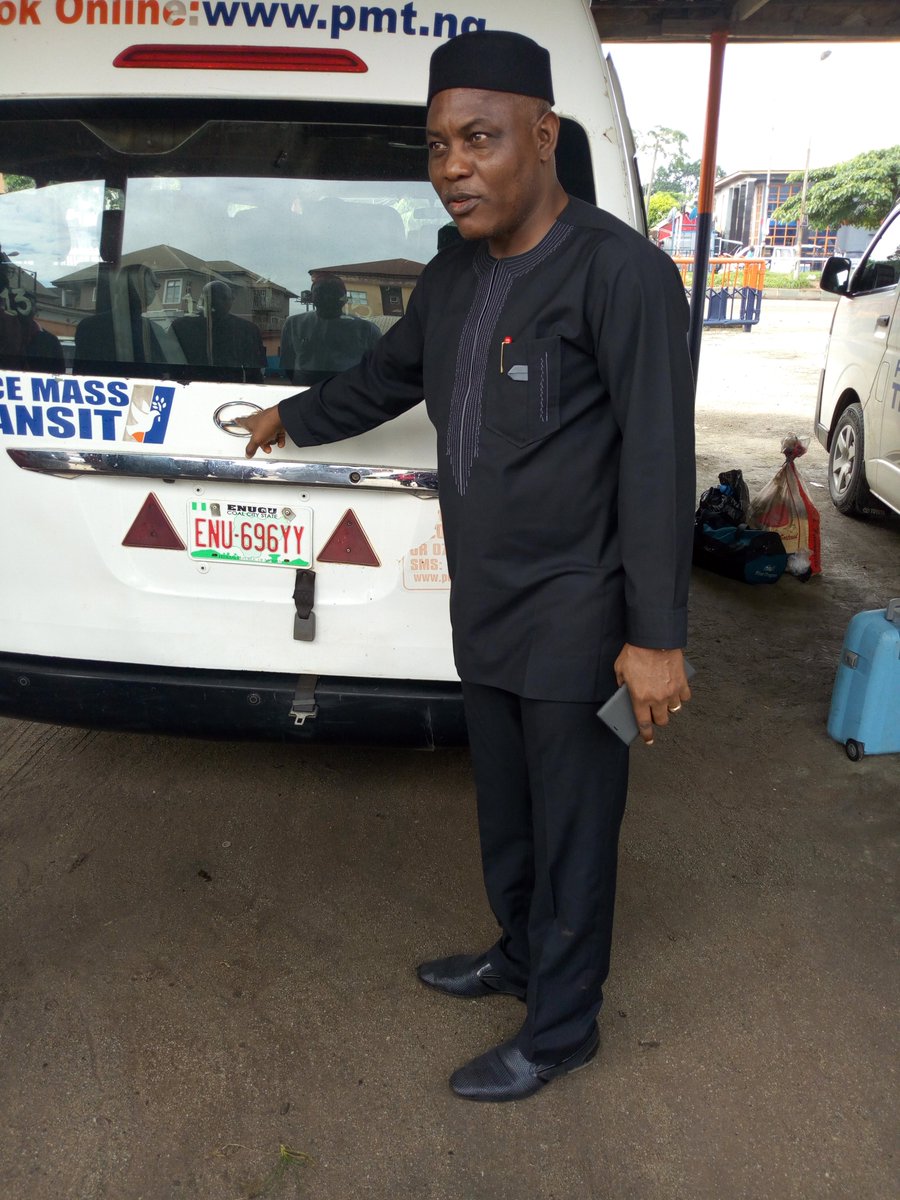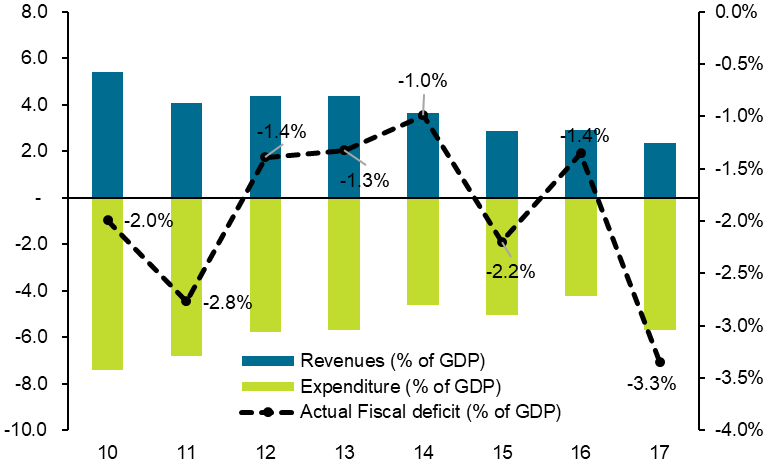On any given weekday, commuters in Lagos, Nigeria’s commercial capital, are snarled in traffic for hours. Container trucks and tankers take up several lanes of traffic on the major thoroughfares close to the city’s ports.
Source: Nytimes
Keep Current with Anti-corruption
This Thread may be Removed Anytime!
Twitter may remove this content at anytime, convert it as a PDF, save and print for later use!

1) Follow Thread Reader App on Twitter so you can easily mention us!
2) Go to a Twitter thread (series of Tweets by the same owner) and mention us with a keyword "unroll"
@threadreaderapp unroll
You can practice here first or read more on our help page!

